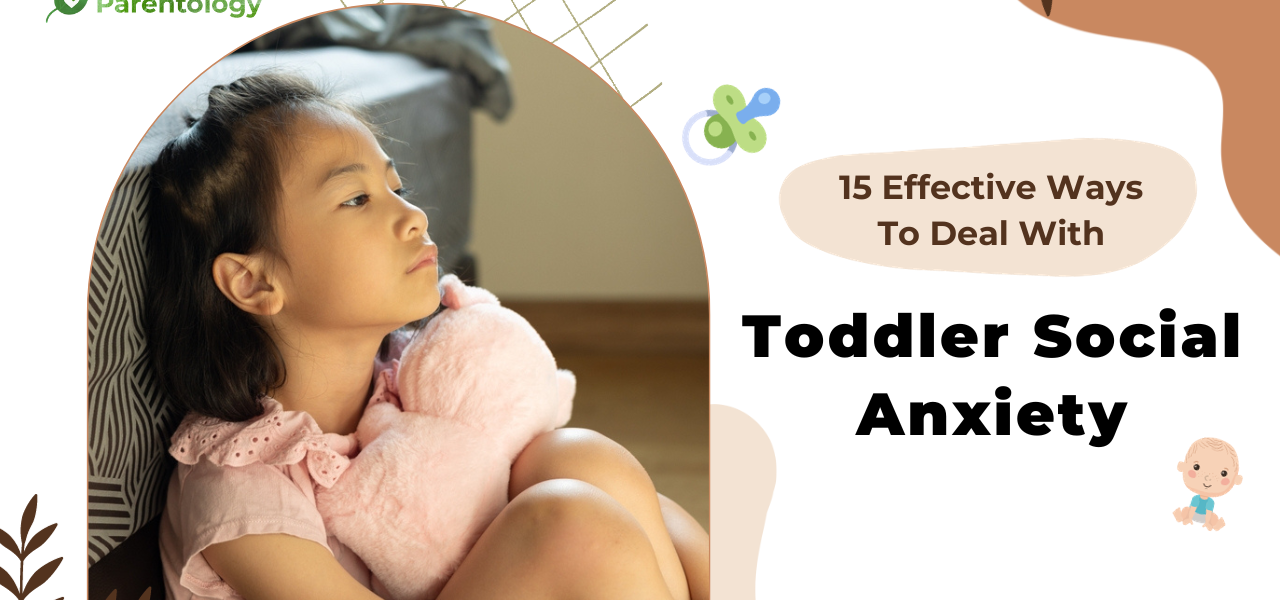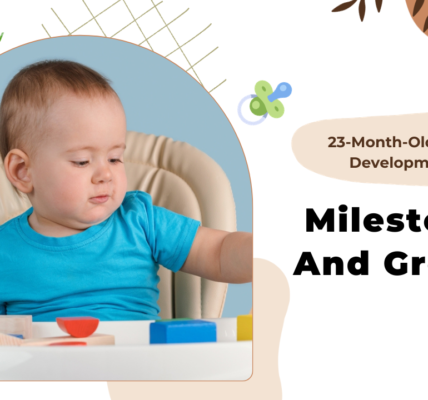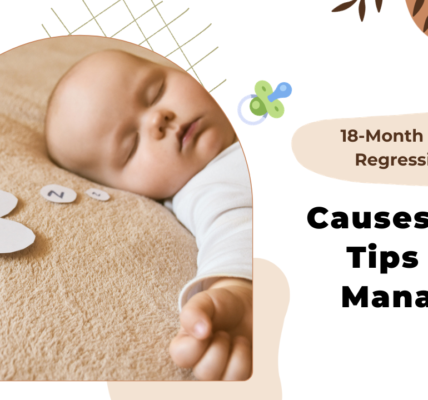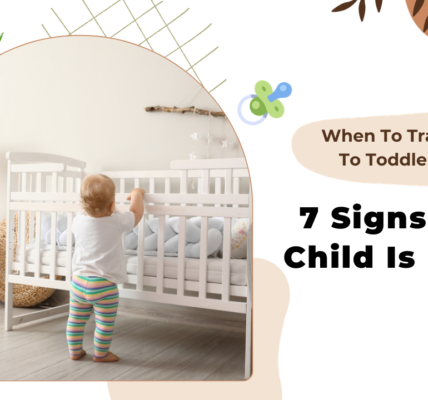15 Effective Strategies for Easing Toddler Social Anxiety
Social anxiety in toddlers is a common concern among parents and caregivers. It’s natural for young children to experience shyness and anxiety in social situations, but there are effective ways to support them in developing social confidence. In this comprehensive guide, we will explore 15 proven strategies to deal with social anxiety in toddlers.
Understanding Social Anxiety in Toddlers
What is Social Anxiety in Toddlers?
Social anxiety in toddlers, often referred to as toddler shyness, is a typical emotional response to new or unfamiliar social situations. It can manifest as fear, shyness, or withdrawal when the toddler is around unfamiliar people.
Is it normal for toddlers to be socially anxious?
Yes, it’s entirely normal for toddlers to experience social anxiety. Their social skills are still developing, and new or unfamiliar situations can be intimidating.
Recognizing Social Anxiety in Toddlers
Recognizing social anxiety in kids can be challenging. Look for signs such as excessive shyness, avoidance of social interactions, or physical symptoms like trembling or sweating when in social situations.
What are the signs of social anxiety in toddlers?
Signs of social anxiety in kids include excessive shyness, avoiding eye contact, clinging to caregivers, and showing discomfort in new social situations.
Effective Strategies to Help Your Anxious Toddler
1. Create a Safe Environment
To help your anxious toddler, ensure that your home is a safe and nurturing environment. A secure home base will give your child the confidence to explore the world.
2. Encourage Playdates
Gradually introduce your toddler to other children through playdates. Start with one-on-one interactions to build their confidence.
3. Teach Social Skills
Help your toddler learn basic social skills like greeting, sharing, and taking turns. Role-play these situations at home to prepare them.
4. Positive Reinforcement
Praise your child for their social efforts, no matter how small. Encouragement boosts their self-esteem.
5. Lead by Example
Model confident and friendly behavior when interacting with others. Children learn by observing.
6. Exposure Therapy
Gradually expose your toddler to different social situations. Start with less intimidating environments and work your way up.
7. Storytelling
Use storytelling to teach your child about social situations and how to handle them. Reading books with relatable characters can be helpful.
8. Avoid Overwhelming Events
Limit exposure to crowded and overwhelming events until your child becomes more comfortable in social situations.
9. Communication
Encourage your child to express their feelings. Open dialogue can help them understand and overcome their anxiety.
10. Seek Professional Help
If your toddler’s social anxiety is severe or persistent, consider consulting a child psychologist or therapist for guidance.
11. Set Realistic Expectations
Don’t force your child into situations they’re not ready for. Respect their pace in overcoming social anxiety.
12. Consistency
Consistency in your approach is essential. Toddlers thrive on routine and predictability.
13. Promote Empathy
Teach your child to understand and empathize with others’ feelings, which can help reduce their own anxiety.
14. Celebrate Small Victories
Every small step toward overcoming social anxiety is a victory. Celebrate these achievements with your child.
15. Patience
Above all, be patient. Social anxiety in toddlers takes time to improve. Provide unwavering support.
Conclusion
Helping your anxious toddler overcome social anxiety is a process that requires patience, understanding, and consistent effort. By creating a supportive environment and using these effective strategies, you can nurture their confidence and help them develop vital social skills.
FAQs on Social Anxiety in Toddlers
FAQ 1: What causes social anxiety in toddlers?
Ans 1: Social anxiety in kids can be caused by a combination of genetic factors, environmental influences, and temperament.
FAQ 2: Is social anxiety in toddlers permanent?
Ans 2: No, social anxiety in kids is not permanent. With appropriate support and strategies, most toddlers can overcome their social anxiety.
FAQ 3: Are all toddlers shy?
Ans 3: Not all toddlers are shy, but shyness is a common and normal part of early childhood development.
FAQ 4: Can social anxiety affect the development of kids?
Ans 4: Untreated social anxiety can potentially impact the social and emotional development of kids, so it’s essential to address it.
FAQ 5: When should I seek professional help for my toddler’s social anxiety?
Ans 5: If your toddler’s social anxiety significantly hinders their daily life or persists over time, it’s advisable to seek guidance from a professional.
FAQ 6: How can I prepare my toddler for social situations like preschool?
Ans 6: Gradually introduce your toddler to social settings by arranging playdates and preparing them with social skills.
FAQ 7: Can a confident parent help their toddler overcome social anxiety?
Ans 7: Absolutely. A confident and supportive parent can positively influence their toddler’s social development.
FAQ 8: What role does temperament play in social anxiety?
Ans 8: Temperament can affect a toddler’s predisposition to social anxiety. Some children are naturally more reserved, while others are outgoing.
FAQ 9: Can social anxiety improve with age the age of kids?
Ans 9: Yes, many toddlers naturally outgrow social anxiety as they gain more experience and confidence in social situations.
FAQ 10: How can I make social interactions enjoyable for my toddler?
Ans 10: Focus on making social interactions fun and stress-free. Encourage play and positive experiences.
This comprehensive guide provides valuable insights into helping your anxious toddler overcome social anxiety. By implementing these strategies and seeking professional guidance when necessary, you can support your child’s social development and emotional well-being. For more information on parenting and child development, visit Parentology.





